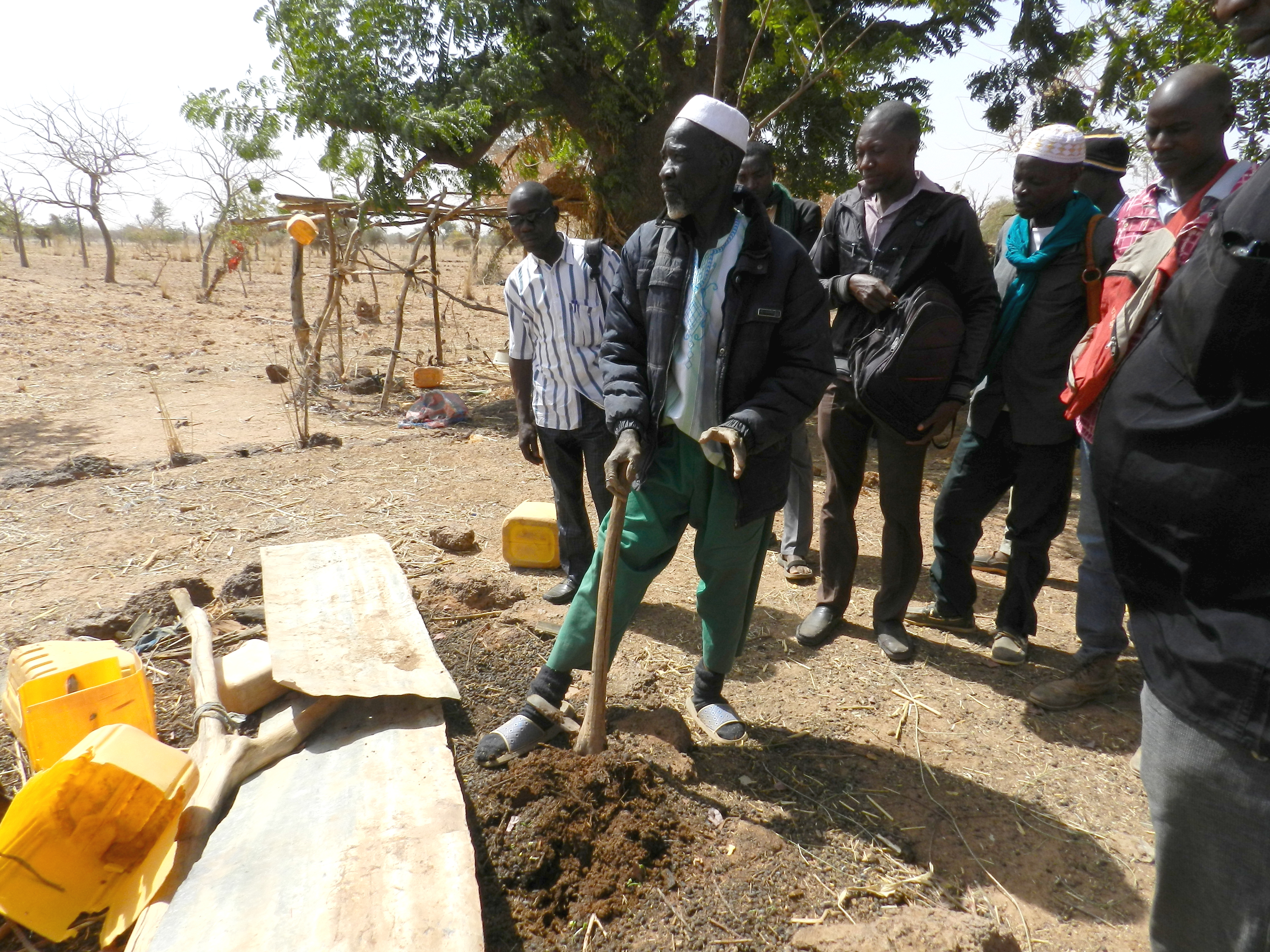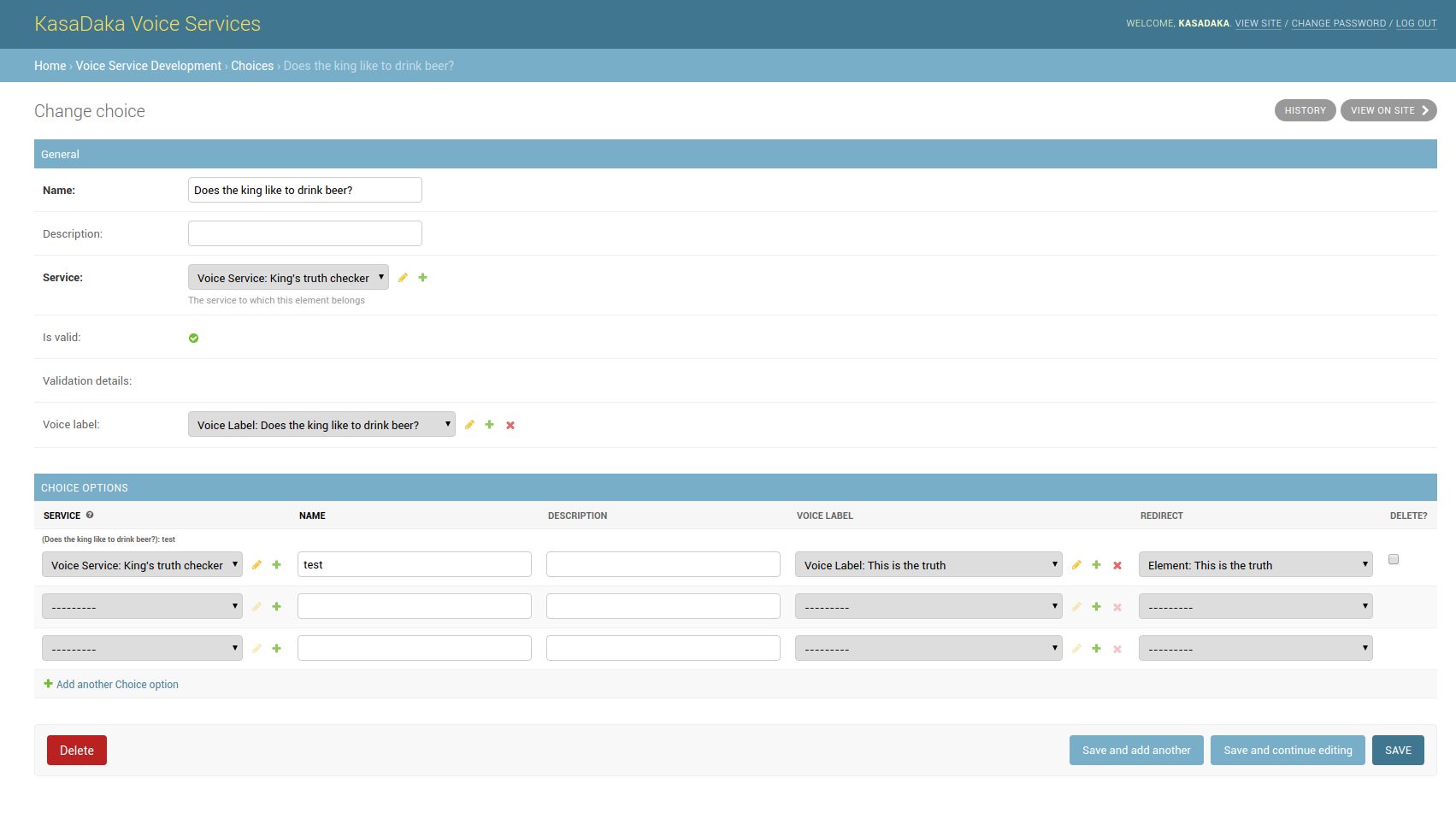[This post is written by André Baart and describes his MSc thesis]
 While the internet usage in the developing world is still low, the adoption of simple mobile phones is widespread. A way to offer the advantages of the internet to these populations is voice-based information systems. The KasaDaka voice-services platform is aimed at providing voice-services in the context of ICT for Development (ICT4D). The platform is based on a Raspberry Pi and a GSM modem, which enables affordable voice-service hosting, using the locally available GSM network. The platform takes into account the special requirements of the ICT4D context, such as limited internet connectivity and low literacy rates.
While the internet usage in the developing world is still low, the adoption of simple mobile phones is widespread. A way to offer the advantages of the internet to these populations is voice-based information systems. The KasaDaka voice-services platform is aimed at providing voice-services in the context of ICT for Development (ICT4D). The platform is based on a Raspberry Pi and a GSM modem, which enables affordable voice-service hosting, using the locally available GSM network. The platform takes into account the special requirements of the ICT4D context, such as limited internet connectivity and low literacy rates.

This research focuses on lowering the barrier to entry of voice-service development, by reducing the skill set needed to do so. A Voice Service Development Kit (VSDK) is developed that allows the development of voice-services by deploying and customizing provided building-blocks. These building blocks each represent a type of interaction that is often found in voice-services. (for example a menu, user voice input or the playback of a message) The researcher argues that the simplification of voice-service development is an essential step towards sustainable voice-services in the ICT4D context; As this increases the potential number of local voice-service developers, hremoving the dependency on foreign (and thus expensive) developers and engineers. This simplification should ideally be achieved by providing a graphical interface to voice-service development.

The VSDK was evaluated during the ICT4D course at the Vrije Universiteit Amsterdam, where students built applications for various ICT4D use-cases using the VSDK. Afterwards a survey was conducted, which provided insight on the students’ experiences with voice-service development and the VSDK. From the results of the evaluation is concluded that the building-block approach to voice-service development used in the VSDK, is successful for the development of simple voice-services. It allows newcomers to (voice-service) development, to quickly develop (simple) voice-services from a graphical interface, without requiring programming experience.
The VSDK combined with the existing KasaDaka platform provides a good solution to the hosting and development of voice-services in the ICT4D context.
More details can be found in the complete thesis.A slidedeck is included below. You can find the VSDK code on Andre’s Github: http://github.com/abaart/KasaDaka-VSDK


